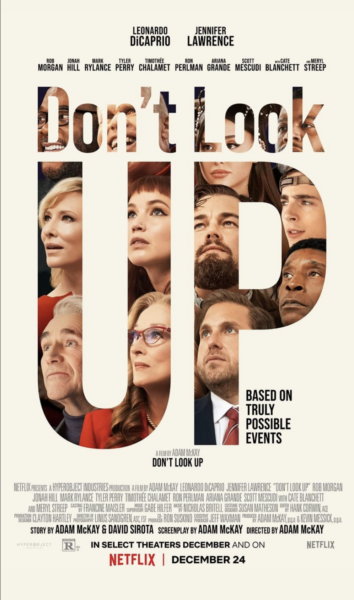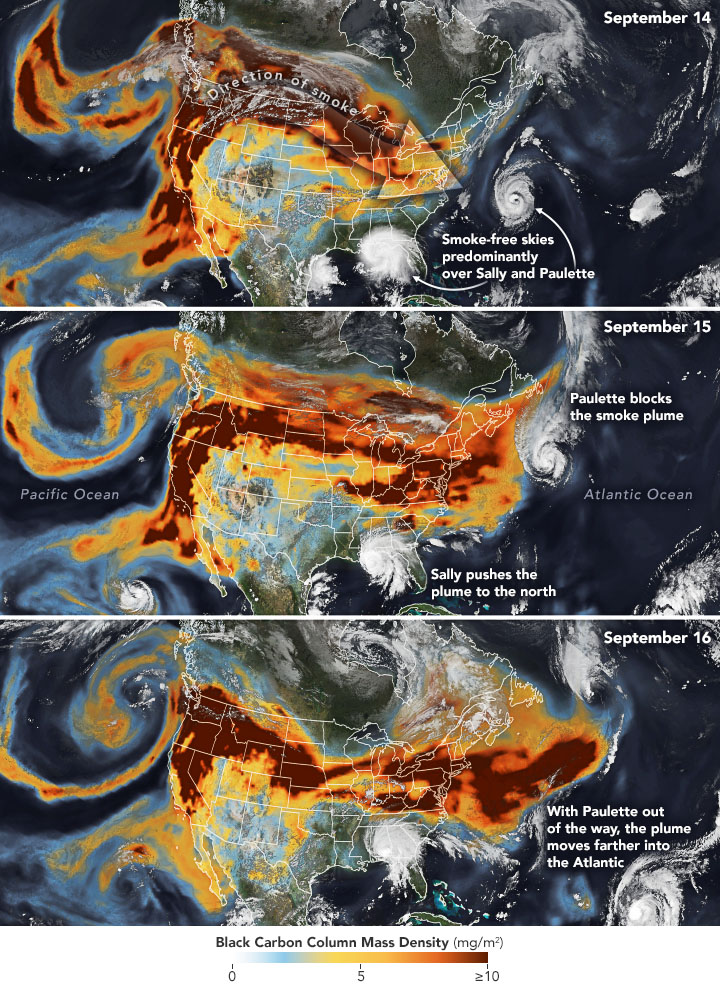
The highlight of the movie season for climate science has clearly been the release on Dec 24th 2021 of “Don’t Look Up”. While nominally about a different kind of disaster – the discovery of a comet heading to Earth on a collision course – the skewering of our current science-policy dysfunction transcends the specifics and makes a powerful metaphor for climate change, and even the ongoing COVID-19 pandemic.
[Read more…] about “Don’t Look Up”